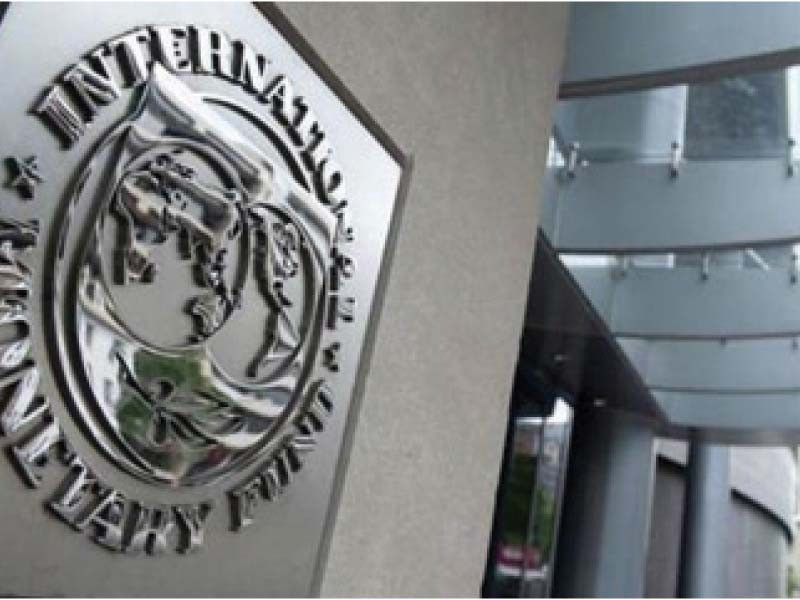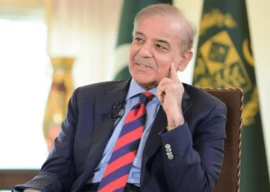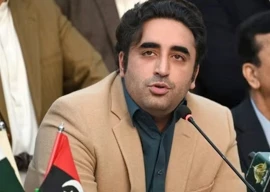
Pakistan has met the International Monetary Fund (IMF) benchmarks for maintaining the status quo in the energy sector – in an outcome that may help to get the next loan tranche of $1.2 billion but does not stop the bleeding (debt) despite increase in electricity prices.
The Ministry of Energy officials said that the end-December targets related to containing the flow of circular debt below Rs385 billion, timely increase in the electricity prices under various heads, and slowing the increase in line losses have been met.
The IMF would review the implementation on these targets during the loan negotiations under the second review of the $3 billion bailout package.
The global lender has not yet finalised the dates for the next review talks and is waiting for the formation of the government.
Sources said that as against the condition to restrict the flow of the circular debt to Rs385 billion by end-December, the increase was Rs378 billion. This was slightly better than the IMF requirement, they added.
Still, the total power sector circular debt has ballooned to Rs2.69 trillion by the end of the first half of this fiscal year. Pakistan has committed to the IMF that it would contain the circular debt at June 2023’s level of Rs2.31 trillion by the end of this fiscal year.
Any increase above the Rs2.310 trillion threshold would subsequently be settled against the budget subsidies or through price increase. The authorities hope that they will bring down the debt at the desired level by the close of the fiscal year.
The IMF’s strategy has so far largely remained focused on fiscalization of the power sector losses through budget subsidies and electricity price increase.
The government has allocated Rs952 billion in the budget for subsidies and payment of the past debt. It has constantly been increasing the electricity prices, which has now forced the people to shift towards alternate sources, including solar panels.
The energy ministry officials said that in order to restrict the flow of the circular debt, the government was constantly making tariff adjustments on account of fuel price adjustment and quarterly adjustments.
The power distribution companies have asked for another increase of over Rs7 per unit on account of fuel price adjustment for January, raising alarm bells at various levels, including the National Electric Power Regulatory Authority (NEPRA).
It has recently been communicated to the IMF that the government was actively pursuing cost reduction reforms such as continuing negotiations with the remaining Independent Power Producers (IPPs) and introducing renewable energy in the system to reduce burden on the consumers.
However, there has not been any concrete progress on this front, except expanding the scope of a committee set up for renegotiating the Power Purchase Agreements (PPAs).
The interim cabinet recently expanded the committee’s scope to negotiate with all the IPPs but it did not begin any such negotiations with the Chinese power plants.
China has repeatedly refused to reopen these power purchase deals.
The last Pakistan Tehreek-e-Insaf (PTI) government had started negotiations with the IPPs to review the dollar indexation clause.A cap was placed to control the electricity prices rising with further depreciation of the rupee. The caretaker government brought hydel and gas-based IPPs under the scope of the committee.
Instead of improving the power distribution companies’ performance, the focus remained during the past few months on strictly following the regulatory calendar to avoid delays in filing petitions for increase in the prices.
Pakistan had also assured to settle both the guaranteed and unguaranteed debt of the power sector.
The IMF has been intimated that the government released Rs131 billion to the state-owned power plants out of the total requirement of settling their Rs310 billion debt in this fiscal year. The remaining amount will be released in the second half of this fiscal year.
The government has once again assured the IMF that it would convert the expensive Rs82 billion power sector debt into public debt and will issue the sovereign guarantees against the remaining Rs683 billion power sector debt parked in the holding company.
However, there has not been any significant progress on handing over the control of the power distribution companies to the private sector.
The Cabinet Committee on Privatisation approved a plan as late as the first week of February to give two companies, Gujranwala and Hyderabad, to the private sector.
The IMF has also been informed about the progress on the anti-theft campaign. It has been claimed that as of early February, the campaign resulted in savings of Rs76.2 billion and there was also improvement in recovery rates and just for the month of Dec 2023, recovery improved by 5%.
The government has already promulgated an ordinance in December to make electricity theft a cognisable offense.
The government has also commenced an audit of Peshawar and Hyderabad distribution companies. Pakistan would share the audit report with the IMF by next month, the sources said.



1672385156-0/Andrew-Tate-(1)1672385156-0-165x106.webp)

















COMMENTS
Comments are moderated and generally will be posted if they are on-topic and not abusive.
For more information, please see our Comments FAQ